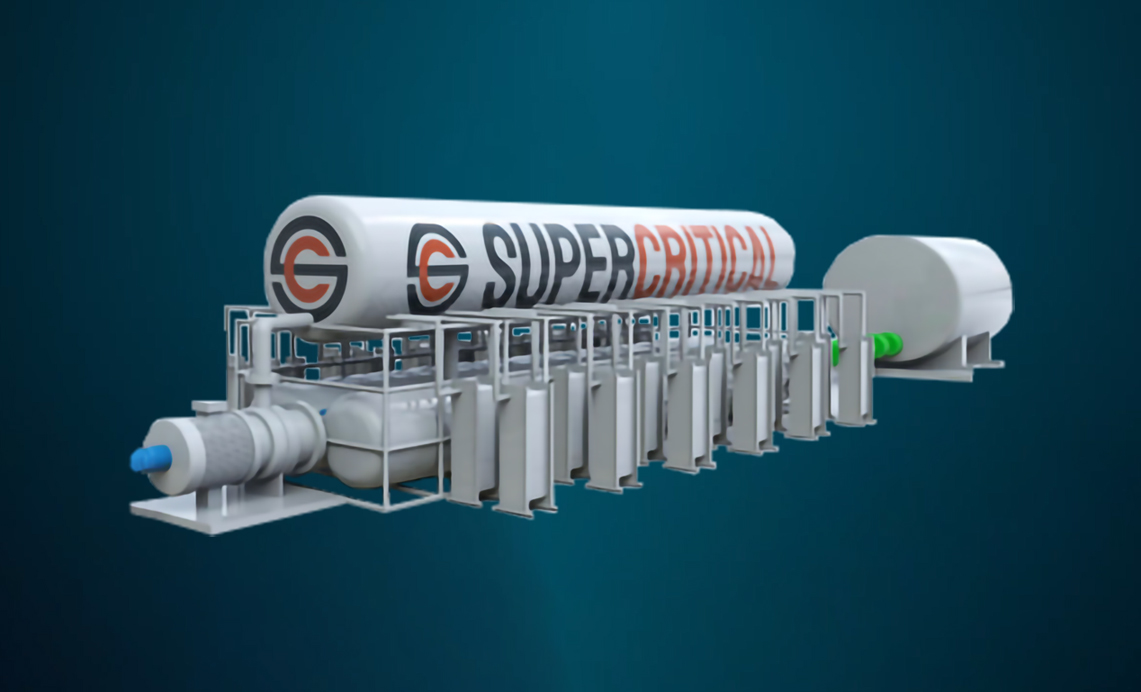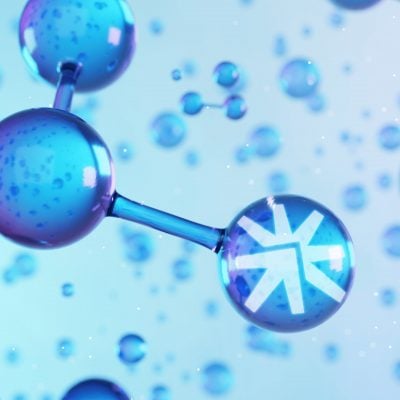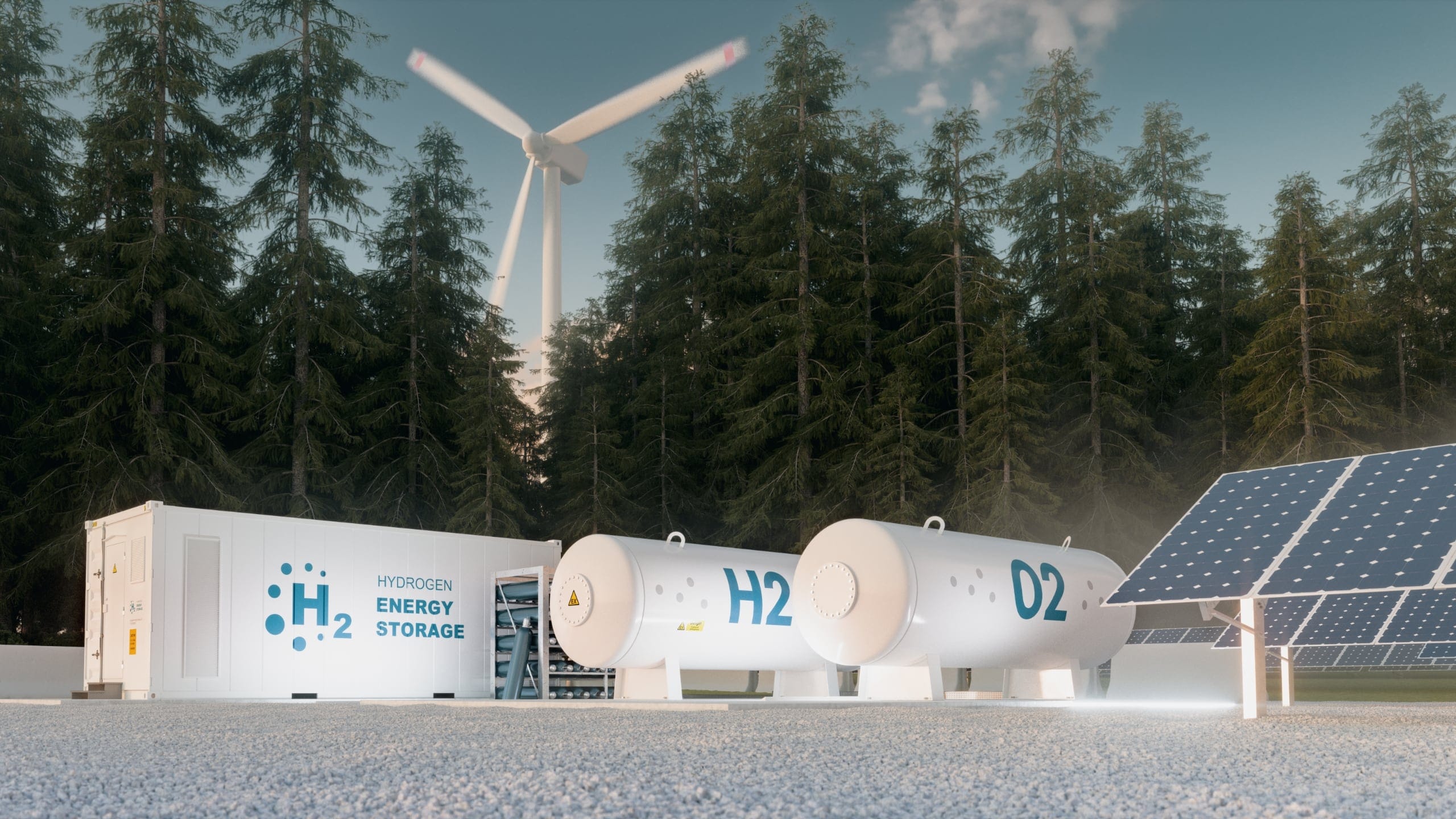NEWS & INSIGHTS | Opinion
Industry-led, Academically Driven Innovation

Our Net Zero R&D Programme funds industry-led, academically driven end-to-end innovation projects to expedite technological advancement through funded partnerships with Scottish Universities.
These early technology readiness level (TRL) projects benefit from the universities’ resources and expertise, coupled with practical knowledge through industry affiliations, to enhance investments, ensure relevance, and deliver significant impact.
Technology spotlights:
Supercritical Solutions
Supercritical Solutions has developed a high-pressure electrolyser that produces green hydrogen directly from water. This ultra-efficient electrolyser is up to 30% more efficient than rival technologies when waste heat and renewable power are used. Unlike conventional water electrolysers, this technology aims to produce hydrogen at pressure without gas compression, reducing capital outlay.
Slanj
Slanj utilises novel pyrolysis-gasifier units that convert organic waste under pressurised, high-temperature conditions to produce low-cost clean hydrogen to be used as fuel for the shipping industry. This unique, sustainable, and efficient technology has the potential to accelerate decarbonisation in North-East Scotland and create new local business models for net zero fuel production.
The North Sea Transition Deal aims for an absolute reduction in production emissions by 2050, focusing on decarbonising oil and gas infrastructure to ensure continued energy delivery while developing future energy systems.
BSC Separation Technology
BSC Separation Technology has developed a unique super-compact, high-efficiency multiphase separator, which is around 10% of the size and weight of conventional production separators. The technology can achieve near centrifuge separation efficiency and is optimised for produced water de-bottlenecking applications. It can reduce offshore emissions whilst also generating electricity to help decarbonise operations.
Verlume
Glasgow Caledonian University and Verlume are working to supply electricity offshore by developing the first subsea microgrid. The system will incorporate diverse offshore renewable energy sources and subsea energy storage technologies to provide reliable and uninterrupted renewable power to subsea CCS injection equipment, oil and gas production equipment and autonomous underwater vehicles.
The Scottish Funding Council, Scottish Enterprise, and the Scottish Government finance NZTC’s Net Zero R&D Programme. This initiative accelerates research and development to support the UK’s ambitions to reduce greenhouse gas emissions and create a more sustainable energy system.
Subscribe for the latest updates




